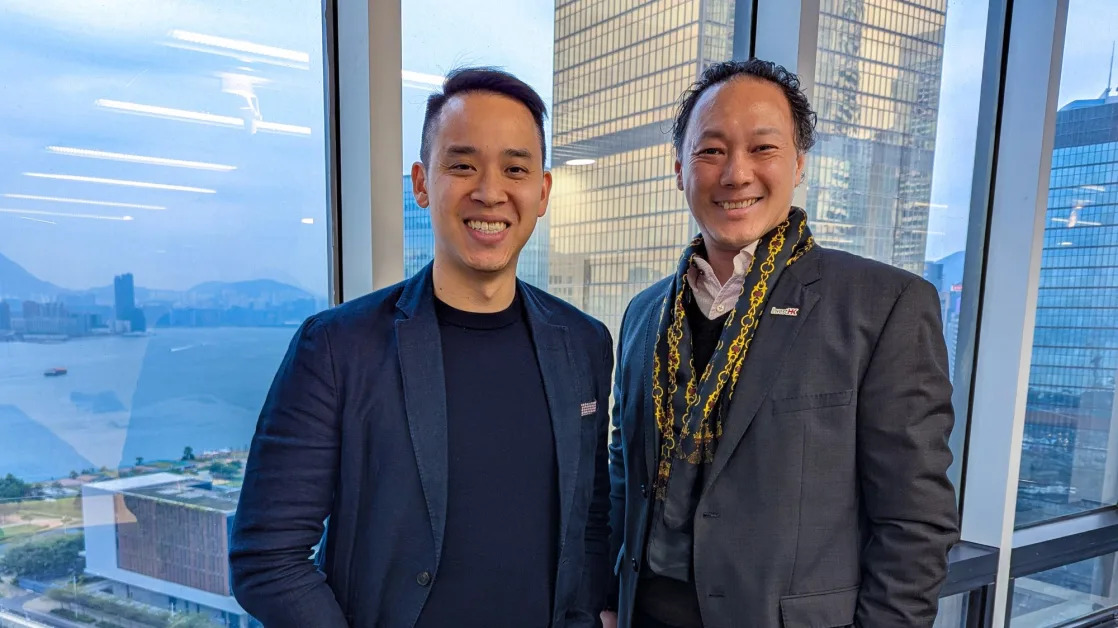(Bloomberg) -- President Donald Trump’s pivot to champion Nippon Steel Corp.’s bid to buy US Steel Corp. raises the prospect of fresh positive momentum for Japan’s sluggish negotiations with the US over tariff relief.
While the contours of the proposed steel deal remain vague, Trump is set to hold a rally in Pittsburgh Friday to tout the deal as a victory for his tariff strategy and American workers. As part of the expected deal, the US government would hold de facto veto rights on some company decisions through a so-called golden share.
The apparent breakthrough, and the opportunity it gives Trump to present it as a win, raises the possibility that Japan could get some new traction in its bid to get tariffs on autos and other exports removed, some analysts say.
“If the Nippon Steel deal progresses, it could be viewed as one of Trump’s achievements. In that sense, I think things are moving in a favorable direction,” said Tomohisa Ishikawa, chief economist at the Japan Research Institute.
After three rounds of talks in Washington since Trump launched his global tariff offensive, Japan’s negotiation team has had little to show for its efforts to win an exemption from a 25% levy on auto exports and a 10% across-the-board tariff that’s set to rise to 24% in early July barring a trade agreement.
Japan’s top negotiator Ryosei Akazawa is expected to fly to the US again this week for another round of talks. On Tuesday, he suggested that Trump and Prime Minister Shigeru Ishiba are likely to meet on the sidelines of the Group of Seven summit in Canada in mid-June, a potential moment to announce a deal.
To be sure, there are few signs of an agreement on the horizon. Akazawa has repeatedly insisted that he will continue to press for the complete removal of tariffs, but hasn’t given any indications of compromises by either side.
“We will proceed with a sense of urgency while maintaining a steady pace,” he said on Tuesday.
While Japan initially moved quickly to strike up talks with the US, it has since been overtaken by rival China, which adopted a much tougher approach and imposed its own tariffs on the US. Beijing and Washington agreed a deal earlier this month to drop their most punitive tariffs for 90 days.
Japan’s hope will be that the US Steel breakthrough adds weight to the message that Tokyo has carried throughout negotiations of seeking mutual economic benefits. Japan has been the largest foreign investor in the US in the last three years and employs thousands of American workers at car plants and other facilities in the US.
So far, Japanese government officials have declined to comment on the impact of the expected US Steel deal as they seek more information about it.
Tatsuhiko Yoshizaki, chief economist at Sojitz Research Institute, said that the expected steel deal could segue into an agreement over cooperation in shipbuilding, a sector in which the US is seeking to expand capacity. Japan is the world’s third largest shipbuilder by output, behind China and South Korea.
However, Yoshizaki cautioned that it’s far from clear that Japan should expect anything other than more difficult negotiations with the US.
“When I speak with former officials from the Ministry of Foreign Affairs and the Ministry of Economy, Trade and Industry, they all express concern — they say Japan is being far too bullish,” he said.
At the same time, Yoshizaki said that current officials appear confident.
“Maybe they know something we don’t,” he said.





